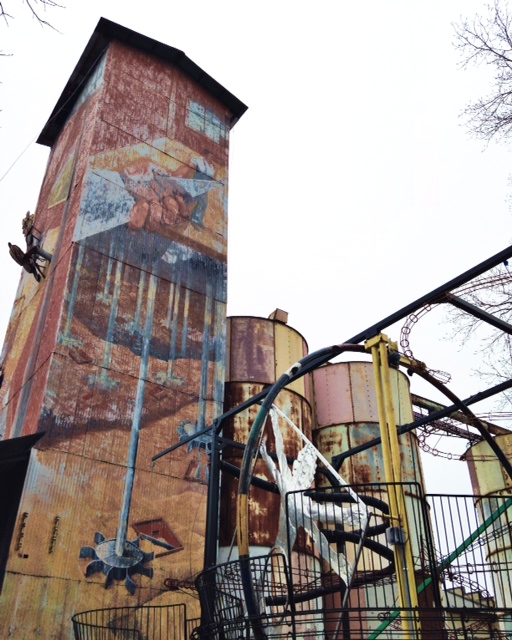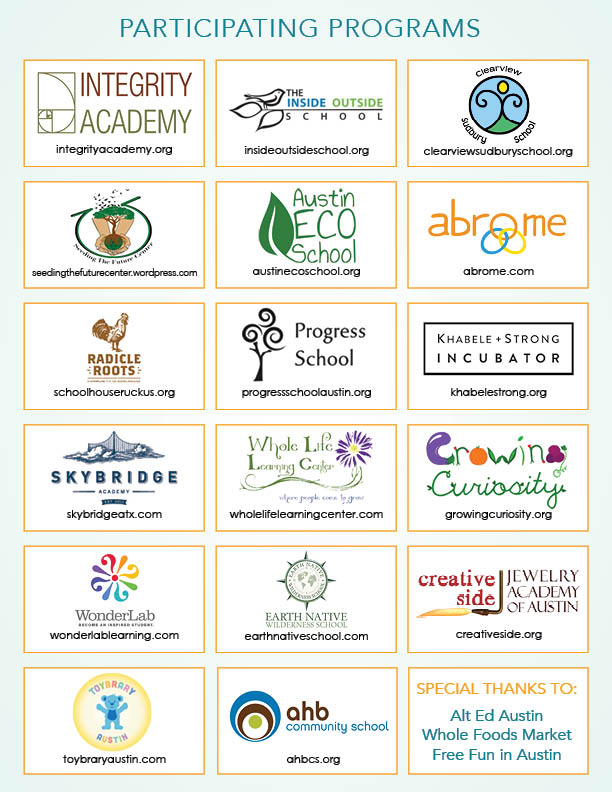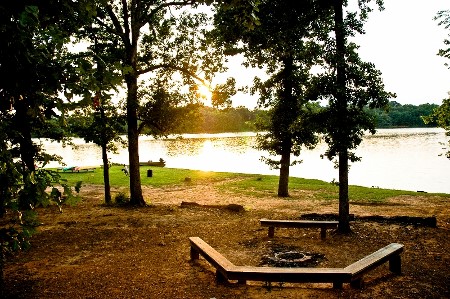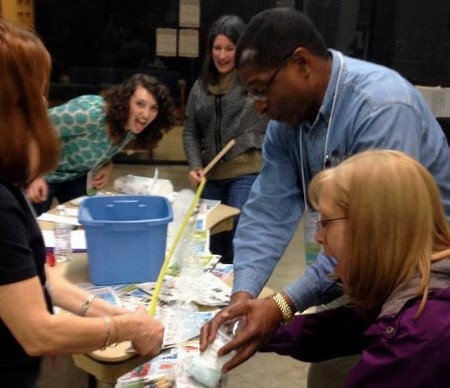Making the invisible visible at the Hill Country Science Mill
/We’ve fallen in love with the Hill Country Science Mill, and we think your family will, too. Alt Ed Austin contributor Shelley Sperry recently interviewed the new museum’s founder. Read all about it below, and then scroll down to enter our giveaway to win four passes to the Grand Opening on Valentine’s Day!
Amazing things are happening in a grist-mill-turned-science-museum in Johnson City. At the new Hill Country Science Mill a team of science educators and entrepreneurs is bringing innovative, hands-on science, technology, engineering, and math education to kids of all ages.
The Mill, which opens on Saturday, February 14, will serve students in nearby rural and small-town schools as well as urban students from Austin and San Antonio. All exhibits are bilingual—with explanations in Spanish and English—and all are designed to turn boys and girls into passionate doers and makers.
“We want to see engagement! We believe all kids are born with innate curiosity. They want to explore and do stuff,” says Bonnie Baskin, a scientist-entrepreneur and one of the Science Mill’s founders. Soon after moving to Johnson City, Bonnie was drawn to the rundown nineteenth-century mill that now houses the museum. She knew that the massive structure, silos, and creek could be an ideal setting for the kind of education project she and her husband, neuroscientist Robert Elde, had long dreamed of.
“You don’t fall in love with science by reading about it; you fall in love by doing it!” Bonnie and her team believe that middle school is a crucial time for engaging kids in science and math, so many exhibits are designed to connect with middle-schoolers’ devotion to technology and games. Each visitor gets a 3D avatar, or “science buddy” that she or he customizes. All over the Mill, kids check in at kiosks and tablets, and their avatars let them choose favorites and provide new information about the work scientists and engineers do. And then the kids take their avatars home.
“Why should a museum be confined within walls? We want to extend the experience into kids’ lives at home and at school. We want to engage students for the long term—not just for a few hours.” They can access more information by logging into the museum website, and their science buddies will join them to explore favorite topics again and again.
The museum’s grand opening is on Saturday, February 14th. Special activities and musical performances have been scheduled to help kick-off the day. Proceeds from the Grand Opening will benefit the Science Mill's Scholarship Program, which will help defray the admission and transportation costs for field trips and enrollment in science programs and camps for qualified students.
Bonnie finds it hard to choose a favorite exhibit, but one she’s especially proud of is the “cell phone disco.” Inside one of the 40-foot silos, thousands of red LED lights respond to students’ cell phones when they send texts. The interaction between their phones and the lights demonstrates the power of electromagnetic waves.
“It’s such a great example of making the invisible visible, which is just what we want to do at the Science Mill.”
Shelley Sperry
You have three ways to enter our random drawing for a family pack of passes to the Hill Country Science Mill’s Grand Opening on Valentine’s Day. The giveaway ends at midnight on Tuesday; we'll announce the winner on Wednesday morning. Good luck!
UPDATE: Congratulations to the winner of our random drawing, Tammy W.! And thanks to everyone who entered. We hope you’ll make it out to the Science Mill soon, and visit Alt Ed Austin often.

























